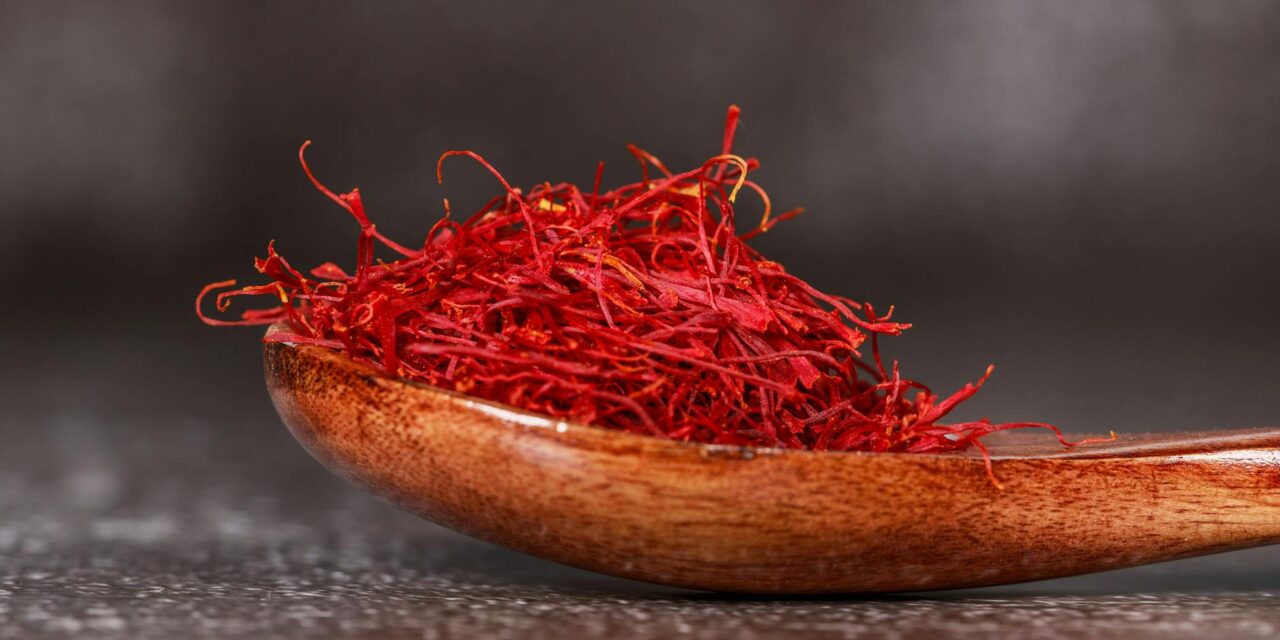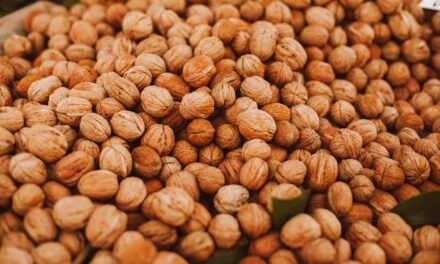Saffron, the precious spice that adds both flavor and color to dishes, has long been a symbol of luxury and culinary excellence. While Iranian saffron is renowned globally, Kashmiri saffron emerges as the true gem in the world of spices. In this exploration, we delve into the unique qualities of Kashmiri saffron that set it apart and make a compelling case for choosing it over its Iranian counterpart.
1. Purity and Authenticity:
Kashmiri saffron, also known as “Red Gold,” boasts a reputation for purity and authenticity. The region’s ideal climate and altitude contribute to the saffron’s vibrant color and robust flavor. In contrast, concerns about adulteration and lower quality standards persist in the Iranian saffron market, making Kashmiri saffron a reliable choice for discerning consumers.
Also Read: Allah’s Justice – An Overview of the Concept
2. Superior Flavor Profile:
The distinct taste of Kashmiri saffron arises from the unique soil composition and climate of the Kashmir Valley. It offers a sweet, floral, and slightly earthy flavor that enhances culinary creations without overpowering them. Iranian saffron, while aromatic, often lacks the complexity and subtlety that characterize Kashmiri saffron, making the latter a preferred choice for chefs and connoisseurs alike.
3. Higher Crocin Content:
Crocin, the compound responsible for saffron’s vivid color, is found in higher concentrations in Kashmiri saffron. The intense red hue not only enhances the visual appeal of dishes but also indicates a higher quality of saffron. This characteristic sets Kashmiri saffron apart, ensuring a more potent and authentic culinary experience compared to Iranian saffron.
4. ISO Certification:
Kashmiri saffron producers adhere to stringent quality standards, with many holding ISO certifications. This certification ensures that the saffron undergoes rigorous testing for purity and meets international quality benchmarks. Iranian saffron, on the other hand, may not consistently adhere to such high standards, making Kashmiri saffron a more reliable and trustworthy choice.
Also Read: The Hour is Certain to Come Forgive Graciously
5. Ethical and Sustainable Farming Practices:
Choosing Kashmiri saffron aligns with supporting ethical and sustainable farming practices. Many Kashmiri saffron farms emphasize traditional cultivation methods, avoiding the excessive use of chemicals. This commitment to sustainability not only benefits the environment but also ensures a healthier and more natural product for consumers.
6. A Rich Cultural Heritage:
Beyond its culinary prowess, Kashmiri saffron carries a rich cultural heritage. The centuries-old tradition of saffron cultivation in the Kashmir Valley adds a layer of authenticity and pride to the spice. By choosing Kashmiri saffron, consumers engage in a cultural experience, connecting with the history and craftsmanship embedded in each strand.
Conclusion:
In the realm of saffron, Kashmiri saffron emerges as the superior choice, outshining its Iranian counterpart in terms of purity, flavor, and ethical practices. The unique combination of climate, soil, and cultural heritage contributes to Kashmiri saffron’s unmatched quality. As you embark on your culinary journey, let the choice be clear – embrace the richness of Kashmiri saffron, the true jewel in the crown of spice.
Also Read:







Recent Comments